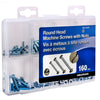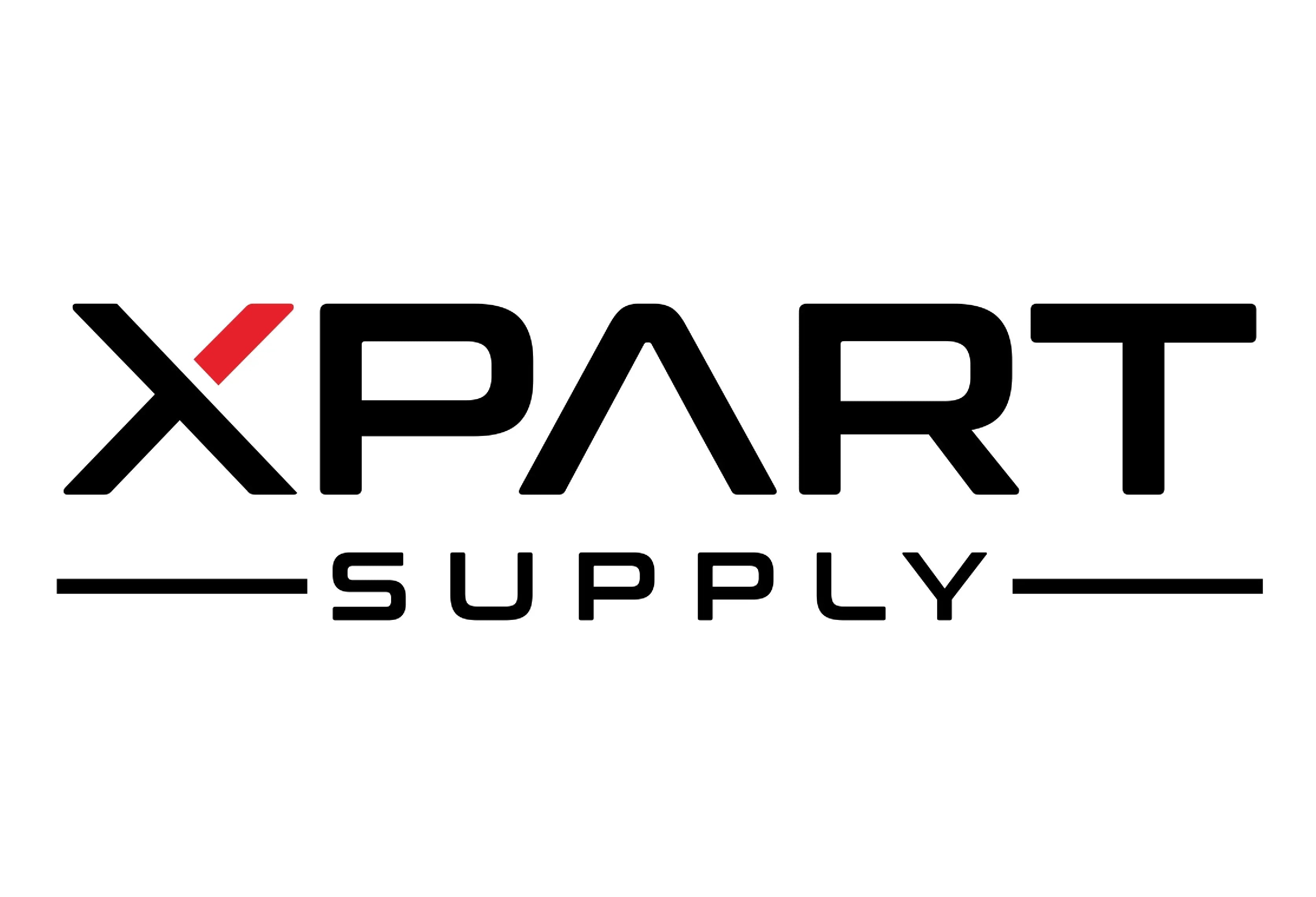When it comes to maintaining a healthy home environment, particularly for those who are sensitive to allergens, choosing the right furnace filters is crucial. With numerous options available in the market, selecting the best filter can be overwhelming. In this post, we'll explore the ideal furnace filters specifically designed to suit allergy-prone environments, ensuring you and your family can breathe easier.
The Importance of Quality Furnace Filters
Furnace filters are an essential component of any HVAC system. They help trap dust, pollen, pet dander, and other airborne particles, which is particularly important for individuals with allergies or respiratory concerns. Using high-quality furnace filters can significantly improve indoor air quality by reducing the concentration of allergens and pollutants that circulate through your home.
Types of Furnace Filters for Allergy Relief
HEPA Filters (High-Efficiency Particulate Air Filters):
HEPA filters are renowned for their ability to capture 99.97% of particles as small as 0.3 microns. This makes them an excellent choice for those with severe allergies, as they are highly effective at trapping pollen, mold spores, bacteria, and even some viruses.
Electrostatic Filters:
Electrostatic filters use static electricity to attract and capture dust and other particles. They are washable and reusable, making them a cost-effective and sustainable option for allergy sufferers. These filters can be particularly beneficial in homes with several pets or heavy dust issues.
Pleated Filters:
Pleated filters have more surface area compared to flat filters, allowing them to capture more particles without impeding airflow. They come in various MERV ratings, so you can choose the level of filtration best suited to your needs. A MERV rating of 11 or higher is recommended for those with severe allergies.
Maintenance Tips for Optimal Performance
-
Regular Replacement: To ensure maximum efficiency, replace the furnace filters as recommended by the manufacturer. Typically, filters should be changed every 1 to 3 months, but this can vary based on filter type and household conditions.
-
System Checkups: Schedule regular maintenance for your HVAC system. A well-maintained system, combined with quality filters, will ensure the best indoor air quality.
-
Reduce Indoor Pollutants: In addition to using quality filters, practice good cleaning habits and reduce indoor pollutants. Regularly dusting, vacuuming, and minimizing pet dander can help maintain a healthy environment.
Conclusion
Selecting the right furnace filters is vital for maintaining a healthy living space for allergy sufferers. By choosing high-efficiency options like HEPA or electrostatic filters and following essential maintenance practices, you can greatly enhance your indoor air quality. For a wide range of furnace filter options designed to address allergy concerns, visit Xpartsupply today.
Breathe easier and enjoy a healthier home environment by making informed choices about your furnace filters.







